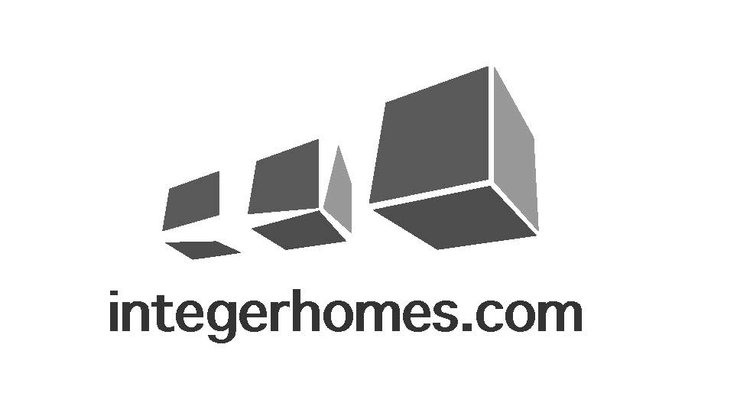Lots of chatter on the web this weekend on the corona virus impact on the global economy, all horrible (except for gold). It did appear that we were in the ‘everything bubble’ having graduated from the nearly disastrous ‘housing bubble’ that brought the US economy and global financial system to the brink of disaster in 2008. How this will impact the Canadian housing market remains unclear, surely the emergency rate cut of 0.5% will stoke the market somewhat, but it could be into a major headwind of declining home values based on a slowing economy and job market, could one simply offset the other?
The fact remains you must live somewhere, rents are not cheap, and there are lots of benefits to owning property, along with a lot of costs (like rising taxes, and hideous condo fees). One of the biggest ownership costs is interest to the banks, the large businesses that effectively create electronic money in the from of loans that individuals then pay back (forever), in principle and interest. Minimizing bank interest is a great strategy, and to date, almost without exception, variable rate terms have been the way to go. Borrowers benefit tremendously in an economy where the 5 year bond yields have been dropping continuously for many years and are now approaching all time lows (and possibly on the way to zero). Buyers can lock in a reasonably priced house and then ride rates down, effectively the house payment gets less every year or every time there is a rate cut. Imagine that, a payment that goes down every year, while you get to own your own house and accrue more principle pay down every two weeks.
So how much does a 0.5% cut to the variable rate loan actually save the borrower? That depends on the size of the loan. Lets go with a fairly typical $450k loan that a Canadian household may have. The payment would drop from $1175 to 1124, which is just a cut of $51, not much. The bonus is the interest portion would drop from $523 to $436, so that is $87 less in interest cost every two weeks. Yet the principle paydown increases from $652 to $688. So this is a triple win, lower overall payment, much lower interest, and a little extra principle meaning the loan goes down faster while paying less to service it.
What does this mean for the Calgary market? I think there is going to be tremendous energy in the lower tier market for buyers that have a reasonably steady job to house hunt. Added to this are Calgary home prices that are way less than they were 5 years ago after the lengthy recession you are starting from quite low levels. For a couple earning average wages with some discipline to save and avoid renting, now could be the time to buy. These 2% rates are just absolutely enticing because you can borrow 95% of the price of a house and have a very manageable payment. Take for instance a $300k townhouse, purchased with minimal down payment of $15k or 5%. At a low rate variable loan the payment is only $1300. This is lower than rent even if you throw in some condo fees and property tax, plus the buyer keeps a high portion of the payment in equity growth. There will be a lot of investor buyers as well at the cheap rates who want to acquire more rental properties. The impact on higher cost housing is more pronounced in terms of interest savings, but it takes a lot more confidence to buy a $ million luxury home than it does a starter home priced below cost of production, which many are. The added bonus of buying a lower priced house is that in the event of some change in circumstance, low cost homes are really easy to rent and cover the cost, even with some left over positive cash flow.
Here is an amortization schedule. These terms are favourable for the buyer who is borrowing money at the cost of inflation, so essentially zero cost there, yet paying down almost $700 of principle every two weeks. Over 5 years, that is almost $90k of equity built in a payment that would otherwise go to renting. That is a meaningful sum of money to a household looking to dip its toe into a safe bet on real estate.

